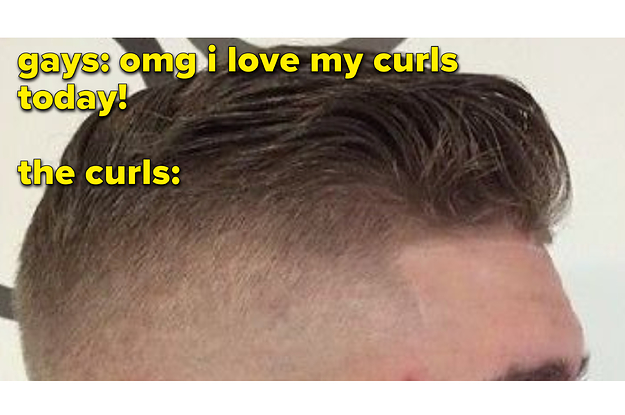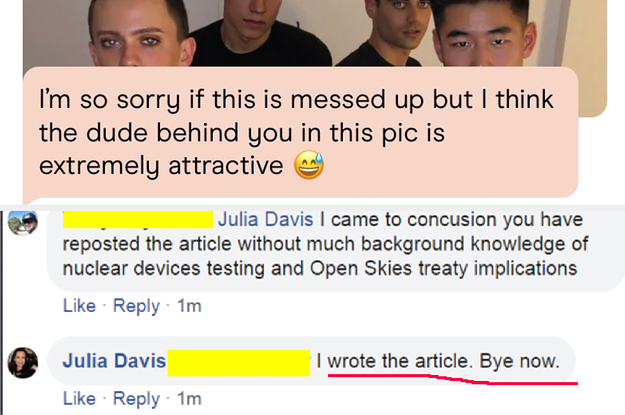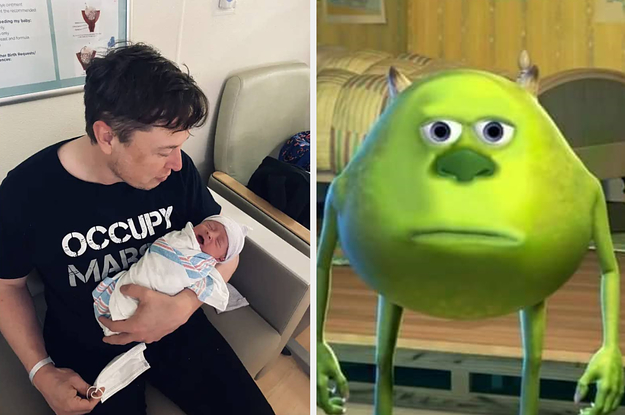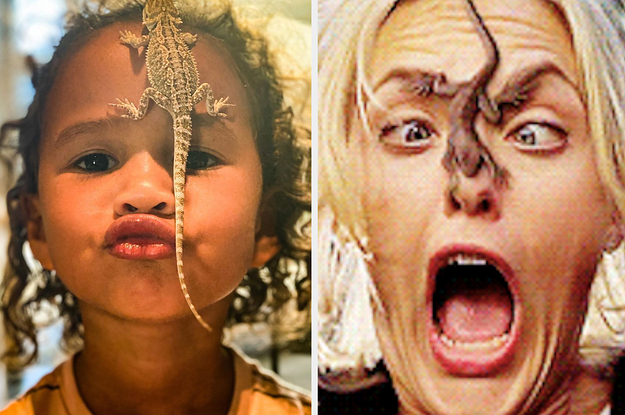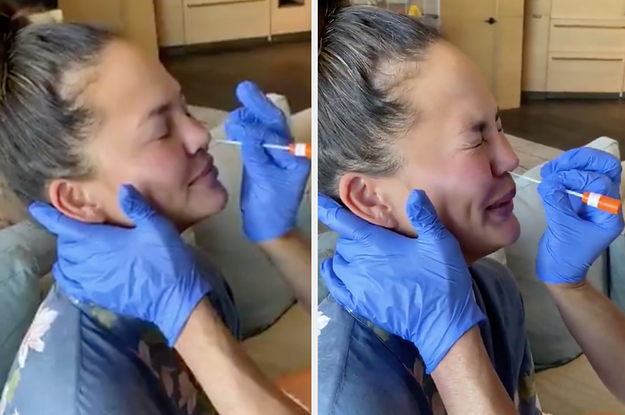Category: Worldwide
Category Added in a WPeMatico Campaign
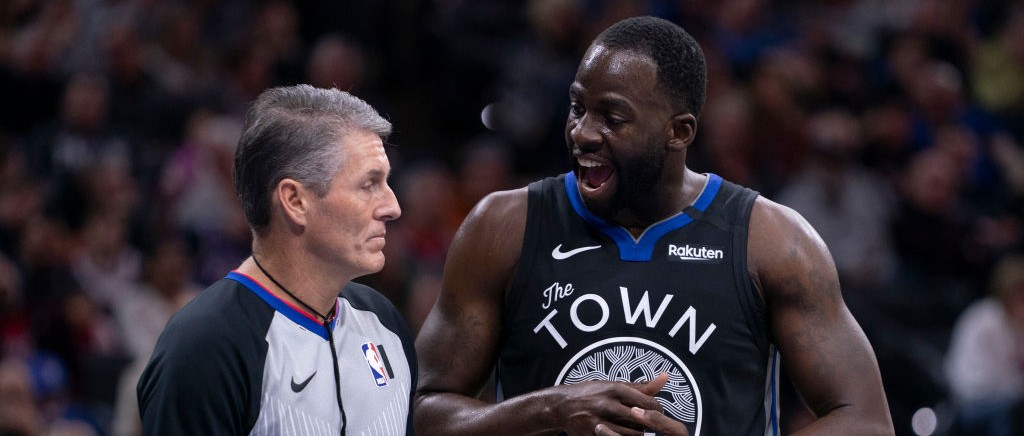
Discussions continue on how the NBA could restart the 2019-20 season and, with a massive Board of Governors meeting on the horizon later this week, a sense of urgency is seemingly developing. On Tuesday evening, however, a largely unexplored angle came to the surface with the help of a prominent (and active) referee in the league.
While many have speculated on what the sounds of the game could entail in a bubble-like environment with no crowd noise, a lot of that chatter has been about what players, or even coaches, might be caught saying by live microphones. This time, though, NBA referee Scott Foster shed light on a different angle when he joined the good folks at NBA TV. In short, Foster was prompted on how, if at all, his job might be different in this strange environment and, after saying he had given it “an immense amount of thought,” Foster turned up the heat a bit.
“I don’t know who I’d be more worried for, the players or referees at this point,” Foster said, via a Twitter thread from Tim Reynolds of the Associated Press. “I know I don’t want everything that we normally say to each other going out. But normally we’re all in a professional manner out there. But it is going to be different.”
“There’s going to be some assistant coaches that we haven’t really heard from before sitting in the second row that we’ll be able to hear now, so there’s going to be some adjustment there,” Foster continued. “And then I think we’re going to need to really talk about and analyze what is OK for the public to hear and how we’re going to go about our business. But it’s definitely going to be a different thing. I’m definitely looking forward to it. I think it’s going to be a really unique experience for the referees, players, coaches, everybody who’s going to go through this.”
In short, this is pretty interesting from Foster, especially when realizing that it won’t just be players and coaches that could be picked up by courtside microphones. Referees are often making noise of their own during games and, beyond that, they will now be hearing much more than usual, particularly from the benches, without the obstacle of blaring music and raucous crowds.
Candidly, the league has larger concerns and bigger wrinkles to smooth out in the coming days before any formal announcement can be made or any official plan can be consummated. Still, it will be interesting to see how the league handles the aesthetics of game play when and if the “campus environment” convenes in Orlando some time later this summer.

When Colin Kaepernick started kneeling during the national anthem at the beginning of NFL games, many Americans railed against him. They called him unAmerican. They called him disrespectful. They failed to see his peaceful protest against racial injustice and police brutality as the act of a patriot yearning to improve his country, choosing to focus on their own discomfort with his actions instead.
This Monday, a Minneapolis police officer knelt on the back and neck of a black man, George Floyd, who had just been taken into police custody. According to CBS News, he was a forgery suspect, and as the officer held him to the ground, video taken by bystanders shows Floyd repeatedly crying out that he couldn’t breathe.
“My stomach hurts. My neck hurts. Everything hurts. …” he can be heard saying in the video. “(I need) water or something. Please. Please. I can’t breathe, officer. I cannot breathe. I cannot breathe.”
Floyd stopped moving, and bystanders continually asked the officer why he kept kneeling on the man’s neck and chest. At one point, he knelt with his hands in his pockets while Floyd lay beneath his legs. It’s incredibly disturbing to watch, considering that Floyd was pronounced dead at the hospital that same evening.
People are understandably outraged. The FBI is now investigating the incident and the four officers involved have been fired. Hopefully, justice will prevail—though even if it does, it won’t bring back this man’s life.
But this is not a lone case. Bernice King, daughter of Martin Luther King, Jr. posted a striking photo combo of the officer kneeling on Floyd on one side and Kaepernick kneeling on the sidelines, writing on Twitter:
“If you’re unbothered or mildly bothered by the 1st knee, but outraged by the 2nd, then, in my father’s words, you’re ‘more devoted to order than to justice.’ And more passionate about an anthem that supposedly symbolizes freedom than you are about a Black man’s freedom to live.”
The reason for the kneeling on the right is the kneeling on the left. And it’s not just a matter of police simply killing black people—it’s the dehumanization and devaluing of black lives in our justice system overall. It’s the straight line on can draw from a white woman wielding her racist power to call the police—telling them “an African-American man is threatening my life” when a birdwatcher simply asked her to put a leash on her dog per the rules—to the death of an unarmed black man in the hands of law enforcement.
It’s the history of vigilante “justice” that makes white men think they have the right to stop a jogger in the middle of the street and question him at gunpoint and then kill himwhen he tries to defend himself.
It’s the inability of a black man to calmly inform an officer that he has a legal, concealed carry weapon without getting shot in his car in front of his girlfriend and her 4-year-old daughter.
It’s the inability of a black man to exercise his second amendment right and defend his loved ones and property without having his girlfriend shot eight times and killed in her own bed.
It’s story after story of automatic suspicion of wrongdoing, presumption of criminality and assumption of guilt of a black person in a police encounter, and the lack of accountability and killing with impunity for law enforcement officers far too often.
This is why distrust of the police exists. This is why kneeling protests exist. This is why Black Lives Matter exists.
Because a police officer can sit with his hands in his pockets while a black man begs for breath beneath his knee, and no one with any power in the situation does anything to stop it. This is why Kap knelt. And this is why, no matter what you feel about the anthem, he wasn’t wrong to do so.

